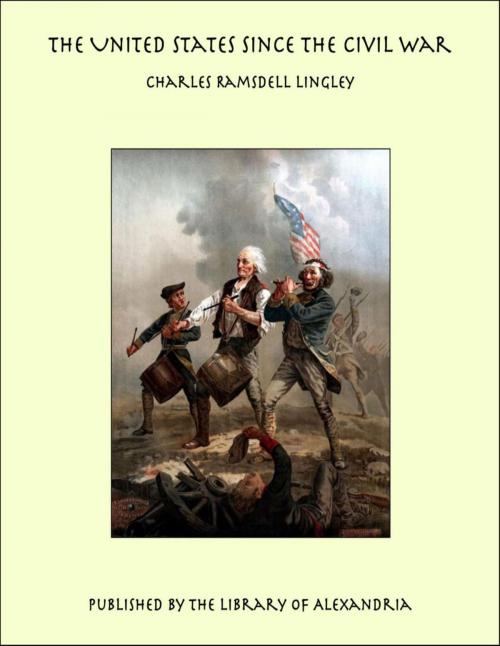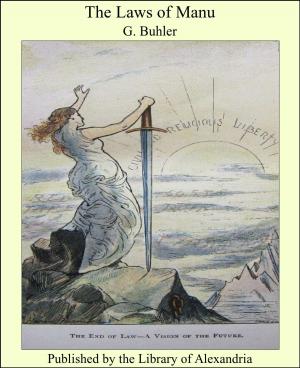The United States Since the Civil War
Nonfiction, Religion & Spirituality, New Age, History, Fiction & Literature| Author: | Charles Ramsdell Lingley | ISBN: | 9781465550286 |
| Publisher: | Library of Alexandria | Publication: | March 8, 2015 |
| Imprint: | Language: | English |
| Author: | Charles Ramsdell Lingley |
| ISBN: | 9781465550286 |
| Publisher: | Library of Alexandria |
| Publication: | March 8, 2015 |
| Imprint: | |
| Language: | English |
It used to be believed that history could not be written until at least half a century had elapsed after the events which were to be chronicled. It is of course true that only after the lapse of time can students gain access to ample documentary material, rid themselves of partisan prejudice and attain the necessary perspective. Unhappily, however, the citizen who takes part in public affairs or who votes in a political campaign cannot wait for the labors of half a century. He must judge on the basis of whatever facts he can find near at hand. Some day somebody will delineate the spiritual history of America since the Civil War—the compound of tradition, discontent, aspiration, idealism, materialism, selfishness, and hope that mark the floundering progress of these United States through the last half century. He will read widely, ponder deeply, and tune his spirit with care to the task which he undertakes. I have not attempted this phase of our history, yet I believe that no account is complete without it. I have drawn heavily on others who have written in this field—Andrews, Beard, Paxson and Peck, and especially on the volumes written for the American Nation series by Professors Dunning, Sparks, Dewey, Latané and Ogg. Haworth's United States in Our Own Time, 1865-1920, was unfortunately printed too late to give me the benefit of the author's well-known scholarship. Many friends have generously assisted me. My colleagues, Professors F.A. Updyke, C.A. Phillips, G.R. Wicker, H.D. Dozier, and Malcolm Keir have read the manuscript of individual chapters. Professor E.E. Day of Harvard University gave me his counsel on several economic topics. Professor George H. Haynes of the Worcester Polytechnic Institute, Professor B.B. Kendrick of Columbia University, Professor W.T. Root of the University of Wisconsin, and Professors L.B
It used to be believed that history could not be written until at least half a century had elapsed after the events which were to be chronicled. It is of course true that only after the lapse of time can students gain access to ample documentary material, rid themselves of partisan prejudice and attain the necessary perspective. Unhappily, however, the citizen who takes part in public affairs or who votes in a political campaign cannot wait for the labors of half a century. He must judge on the basis of whatever facts he can find near at hand. Some day somebody will delineate the spiritual history of America since the Civil War—the compound of tradition, discontent, aspiration, idealism, materialism, selfishness, and hope that mark the floundering progress of these United States through the last half century. He will read widely, ponder deeply, and tune his spirit with care to the task which he undertakes. I have not attempted this phase of our history, yet I believe that no account is complete without it. I have drawn heavily on others who have written in this field—Andrews, Beard, Paxson and Peck, and especially on the volumes written for the American Nation series by Professors Dunning, Sparks, Dewey, Latané and Ogg. Haworth's United States in Our Own Time, 1865-1920, was unfortunately printed too late to give me the benefit of the author's well-known scholarship. Many friends have generously assisted me. My colleagues, Professors F.A. Updyke, C.A. Phillips, G.R. Wicker, H.D. Dozier, and Malcolm Keir have read the manuscript of individual chapters. Professor E.E. Day of Harvard University gave me his counsel on several economic topics. Professor George H. Haynes of the Worcester Polytechnic Institute, Professor B.B. Kendrick of Columbia University, Professor W.T. Root of the University of Wisconsin, and Professors L.B















